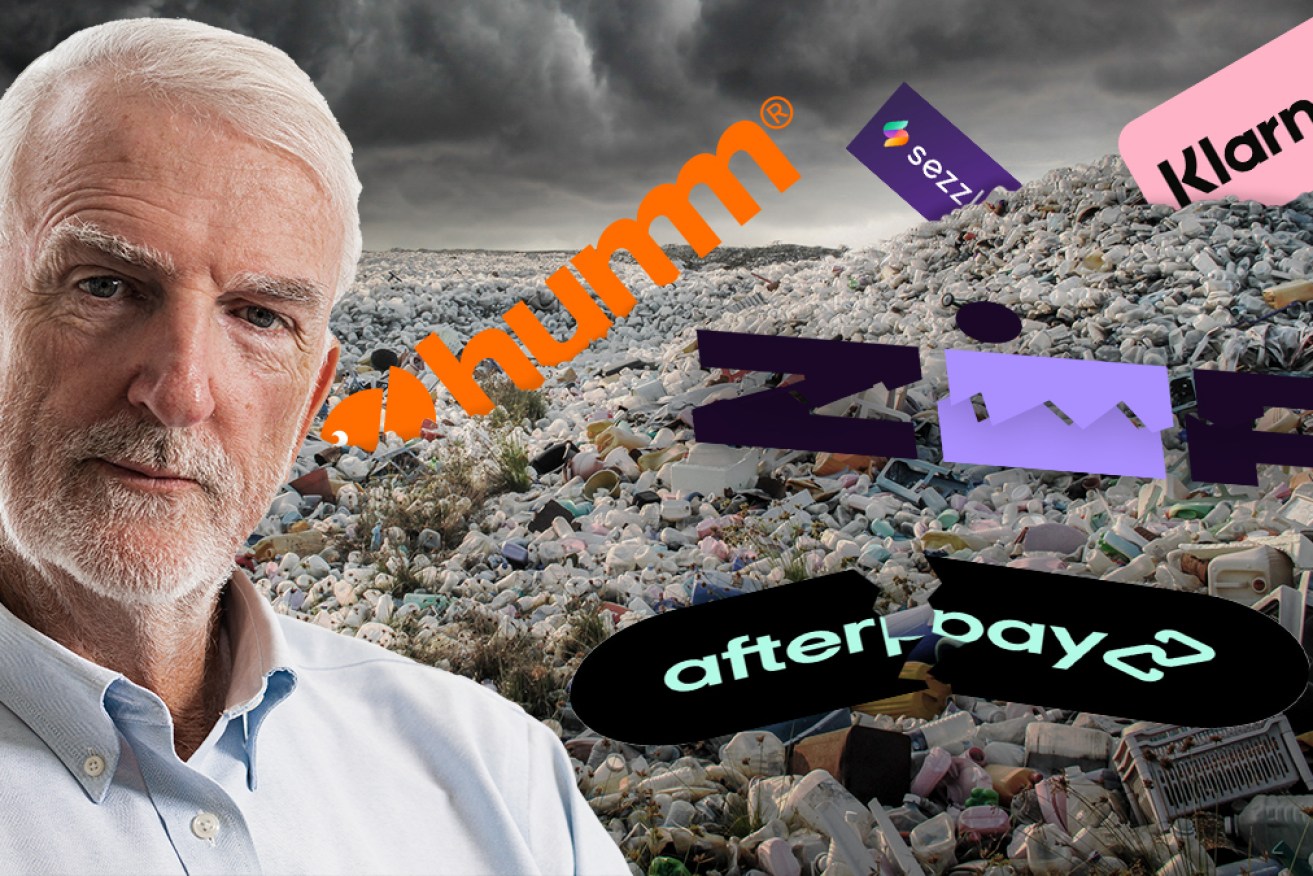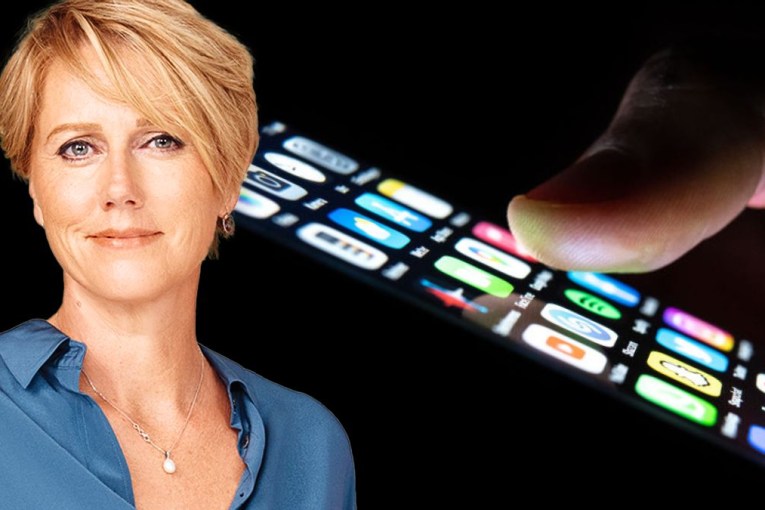Tide going out on Buy Now, Pay Later


The bubble has popped for the buy-now-pay-later sector, Michael Pascoe writes. Photo: TND/Getty
Bigger losses, rising defaults, crashing share prices and looming regulation – the tide is going out fast on last year’s stock market darlings, the buy now, pay later brigade.
Which doesn’t mean BNPL is falling out of favour with consumers. The BNPL sales pitch of quick and easy “free” credit (while pretending it’s not “credit”) without credit checks is alluring, especially for young people and more especially for people who can’t afford what they want to buy.
It’s the latter group that is the immediate problem for BNPL companies such as Afterpay, Zip, Humm, Klarna, Sezzle et al.
And approaching fast is another problem: BNPL won’t be allowed to get away for much longer with the con job of claiming it’s not a form of credit.
Unlike the previous government, the signs are that this one has not been captured by the glister of a stock market bubble. Well, I suppose that’s easier when the bubble has turned into a bust.
For example, Zip hit a high of $12.35 a share last year. It’s now struggling to hold around 60 cents and has been as low as 44 cents. Zip claims its audited book value is $1.14 billion – the stock market thinks it might be worth about $440 million.
Afterpay, the BNPL daddy and lead lobbyist, bubbled to $160 a share last year, was down to $66 when it was delisted after being taken over by Block, the value of which has since halved.
The Coalition’s “let it rip” fintech fanboys, such as Senator Andrew Bragg, have been replaced by Assistant Treasurer Stephen Jones, who professes to be in the “if it walks like a duck and quacks like a duck, it’s a duck” school.
He also has acknowledged the power of the BNPL lobby, telling the ABC: “Whatever you do in the financial services space, there are big voices with deep pockets”.
Mr Jones reportedly is close to releasing a Treasury issues paper for consultation with the industry, offering three options for regulation. No prize for guessing which option the industry will lobby hard for – the lightest touch, a little fiddling with its existing voluntary code of conduct.
Anyone who has been around for a while knows that industry self-regulating “codes of conduct” tend to be hogwash, about as credible as, say, the gambling industry’s code of conduct.
So you can rely on the Australian Finance Industry Association, the BNPL’s lobby group, to say the existing code is fine, just as Afterpay claims black is white while it persists with the idea that people going into debt with its product are not being offered “credit” – and therefore don’t need to be credit checked.
Consumer welfare groups both here and overseas don’t see it that way, concerned about people being given credit that they can’t afford, falling too easily into debt traps.
As a New York Magazine article put it earlier this year:
“BNPL seduced a generation with a great pitch. The firms position themselves as a financially responsible alternative to credit because, per Afterpay’s former executive director, young people ‘don’t want to be on credit.’
“If the first rule of marketing is ‘Give people what they want’, a corollary is ‘Give them what they don’t want — just call it something else’. Calling debt ‘a better way to pay’ is masterful, tapping into young people’s desire for innovation right at the point of greatest vulnerability: checkout.”
It was all good fun at the height of the bubble, easy credit during the COVID online consumption boom, the Australian BNPL companies lighting up the stock market, but debt is still debt as interest rates rise and times promise to get harder.
The cost of money to BNPL companies is rising, meaning the bad debts become more expensive. In the US, Fitch Ratings reported delinquency rates for Afterpay jumped from 1.7 per cent to 4.1 per cent between June 2021 and March while the delinquency rates for major credit cards remained unchanged around 1.4 per cent.
On August, the CBA had to take a $2.3 billion write down on its investment in Klarna, the Swedish BNPL company it had invested in.
Klarna’s Australian arm lost $56 million last year as credit loss charges jumped to $8.5 million – small beer considering the Swedish parent suffered an operating loss of $1.3 billion in the six months to the end of June.
My personal problem with the way BNPL companies have twisted politicians and regulators to their will is that, so far, it is illegal for merchants to pass on the hefty fee BNPL companies charge them for the pleasure of doing business.
The battle to allow merchants to apply a surcharge to recoup credit card fees, if they wish, was won years ago. BNPL has escaped under the guise of “fostering competition”.
If I’m paying cash or using a credit card that costs the merchant one per cent, I don’t like subsidising a BNPL customer whose transaction could be costing the merchant four or six per cent.
BNPL is big and ugly enough to not need any further protection from reasonable market and regulatory forces.
If the BNPL product is nearly as good for retailers as the BNPL companies claim, merchants won’t apply a surcharge for using it, but it’s an unfair restraint on trade to deny them the opportunity.
It also is a straight matter of having a level playing field in the provision of credit.
It would be nice if Afterpay and friends were purely forces for good in increasing competition to break the fabulously rich Visa/Mastercard duopoly or, good heavens, even consumer advertising as an Afterpay-sponsored report by the Australia Institute claimed in June.
But I’m not buying it. Even if they claim it is “free”.
And consumers need to be aware that credit can be both a wonderful tool and a curse.
As for investors, well, every bubble painfully educates another crop.








